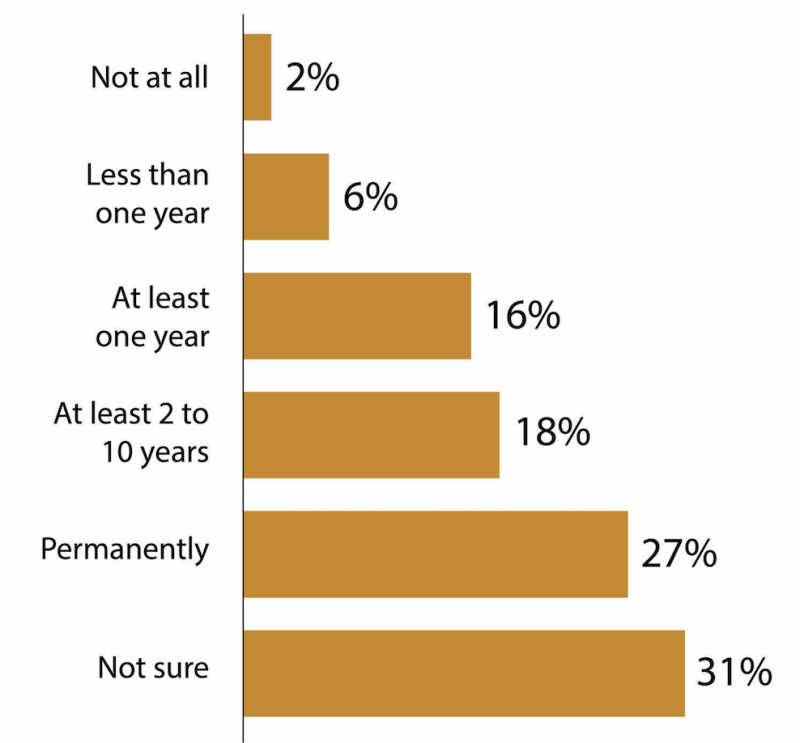
Many Christians may wonder, when a pastor commits adultery, how long they must be away from preaching or if they should withdraw from the public ministry for some time. As some pastors believe, every individual commits a crime because no one on earth is perfect as the bible states.
"Scripture doesn't mince words about adultery," said Scott McConnell, executive director of LifeWay Research.
"From the Ten Commandments to the Apostle Paul's lists of wicked things, to the qualifications for elders listed in 1 Timothy, adultery is not appropriate for a follower of Christ nor a leader of a local church."
However, few believe though everyone sins, there are standards and it all depends on the pastor's mindset and commitment to Jesus but has failed to do so.
"Around 1 in 6 pastors (16%) believe an offending pastor should stay gone for at least a year."
"Other pastors want them to be away from public ministry for a longer period of time: 10% say at least two years, 7% say at least five years, and 1% say at least 10 years."
Before 2016, the withdrawal percentage was lower from 31% (current) to 27%. Debating and calculating the percentage, many seem to believe a pastor who commits adultery should withdraw from public ministry permanently. On the other hand, "three in 10 pastors (31%) say they aren't sure what the appropriate time frame would be.
"While the Bible is clear that this behavior does not fit a pastor or elder of a church. There is much debate over how long this act would disqualify someone from pastoral ministry."
Compared to 2016, pastors now are less likely to say less than a year (6% to 10%) or at least a year (16% to 21%) is the right amount of time away.
McConnell stated, "it is not surprising that fewer pastors believe public ministry should be restored in a year."
Overall, there is more uncertainty among pastors now. Current pastors are more likely to say they are not sure of the appropriate time away from the public ministry today (31%) than in 2016 (25%)."


















